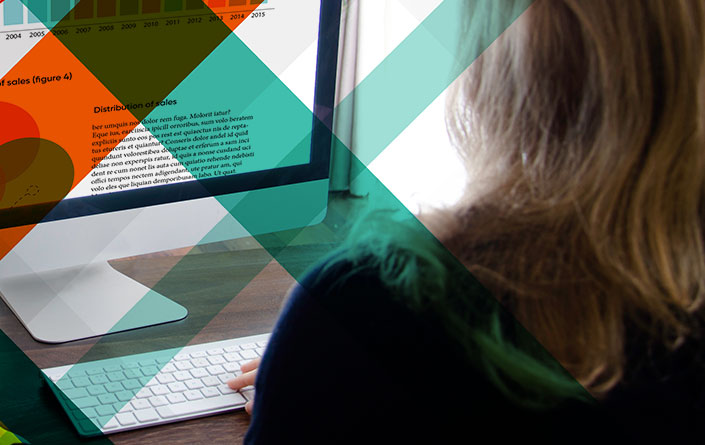The GIBS Ethics and Governance Think Tank University of Pretoria, The Gordon Institute of Business Science
Innovation Statement
This groundbreaking initiative explores ways that companies can adopt more ethical approaches to conduct business and develop pragmatic action plans to secure a more sustainable future for South African industry.
Call to Action
There is widespread concern over the ethical failures, social problems, and low trust levels that beset South African business. Fraud, corruption, compromised institutional integrity, credit ratings, downgrades, recession, poverty, unemployment, social polarization, populist political agendas—all of these issues threaten the conditions for the success of business and the country.
To confront these challenges, the Gordon Institute of Business Science (GIBS) has established an Ethics and Governance Think Tank—the first project of its kind in South Africa. It works to bring people together and generate creative insights and ideas that can be translated into pragmatic plans of action.
Three interrelated themes are at the heart of the initiative:
- Corporations are not amoral entities whose sole purpose is to maximize shareholder wealth within the parameters of the law. Increasingly in the world, and especially in the current South African context, businesses are expected to assume the role of a moral protagonist, an agent with a wider set of responsibilities. Consequently, corporations are required to demonstrate a commitment to ethical practices, based on values such as integrity, responsibility, fairness, respect, and care.
- Ethical behavior builds trust, and when there is trust, business and society flourish. Conversely, a lack of trust between a business and its various stakeholders is profoundly dangerous.
- Ethics should not be seen as abstract, predictable, and boring, merely an “add-on” to core commercial activities. Ethics is practical, dynamic, and innovative and belongs at the center of organizational decision-making.
Innovation Description
The Ethics and Governance Think Tank has established itself as the country’s pre-eminent platform for a national conversation about business ethics. This has been achieved through a series of public forums featuring influential South African thought leaders. All forums have drawn large audiences and have attracted substantial media coverage.
It convenes and facilitates private dialogue forums between senior leaders from business and diverse societal stakeholders (including the public sector, labor, NGOs, academia, media, and student movements). These engagements are building understanding and trust—an antidote to the dangerous polarization threatening South Africa—and generating insights and recommendations for business.
Leveraging GIBS’ educational platform, the thought leadership generated by the think tank is disseminated to current and future business leaders. This is done through courses that utilize innovative techniques and blend conceptual and experiential learning.
Research for case studies about ethical business models and practices in South Africa is underway. The cases will be incorporated into the GIBS curriculum and used as a teaching tool, capturing practical experiences and insights to influence the approaches of a wider cohort of companies.
The think tank is developing an ethics barometer for South Africa using a research tool to engage with the business community as well as with diverse societal stakeholders. The aim is to better understand expectations and perceptions about business conduct, and to offer practical recommendations about how to address the trust deficit and promote collaboration for collective impact.
Impact
Since its launch in May 2016, the Ethics and Governance Think Tank has already contributed significantly to the understanding and awareness of how South African business can:
- Follow a more ethical approach in its relationships with key stakeholders such as employees, customers, investors, regulators, and NGOs.
- More effectively address fundamental societal challenges.
- Shift the popular narrative about businesses, influence different societal stakeholders to increase their appreciation of its positive role, and discover shared values and interests.
- Collaborate with different societal stakeholders to achieve collective impact.
The think tank has also contributed to a “rebranding” or changing of perceptions about ethics, helping it become recognized as crucial to business success and economic growth, and integral to corporate decision-making. This means shifting ethics from the periphery to the center and moving beyond regulatory compliance so that ethics is less of a goal and more of an outcome, and moving beyond corporate social responsibility so that addressing social and ethical challenges becomes part of core commercial activities.






